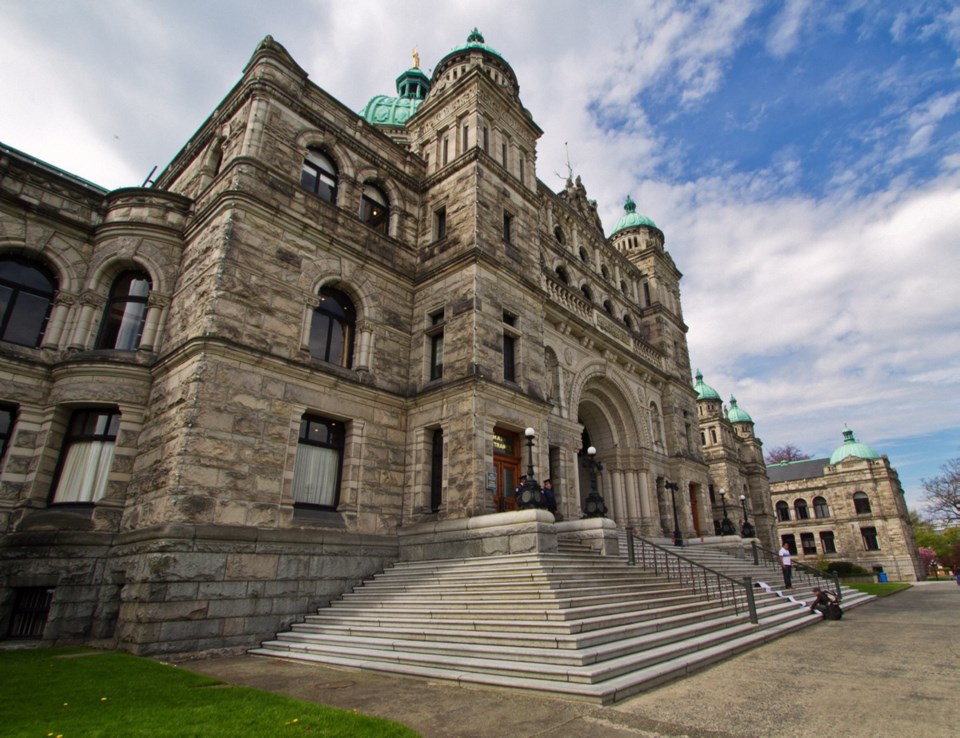People will be able to wander music festivals with a drink in their hands or consume hard liquor in the stands at hockey games and arena concerts under reforms endorsed by the B.C. government Friday.
Justice Minister Suzanne Anton released the final report of a liquor policy review and said the Liberals will support all 73 recommendations — including previously announced plans to sell alcohol in grocery stores and allow children into pubs if accompanied by a parent or guardian.
Anton said some of the changes will happen quickly, while others require more policy development.
“We are still aiming to make legislative amendments to the act at our earliest opportunity,” she said.
One of the newest recommendations calls for the removal of fencing around beer gardens at music festivals and family events.
“Parents should be able to wander the grounds with their kids and watch the band, rather than be caged off in a corner just so they can enjoy a pint,” Anton said.
She said the move will improve convenience for festival-goers while saving money for the non-profit groups that run many of the events.
Organizers also will be able to sell mixed drinks in addition to beer, wine and coolers.
Similarly, hockey fans or arena concert-goers will be able to drink a gin and tonic or a rum and coke in the stands rather than just in private boxes or premium seats.
Festival organizers applauded the reforms.
Tom Woods, who helped stage the first Esquimalt Ribfest, said the changes mean parents will be able to sit with their kids next year and still have a beer or wine with their ribs.
“Last year, that was one of the only problems, I thought,” he said. “If you wanted to do the family thing and Dad wanted to have a beer or Mom wanted to have a beer, you had to sit inside a cage while your kids were outside that cage.”
Government also intends to streamline the licensing process for special events by moving applications online and creating an annual licence for organizations that hold occasional events throughout the year.
There will also be single special-occasion licences that cover multi-day events.
“This will save the applicants the hassle of sending in three separate applications for a three-day festival that happens over one weekend,” Anton said.
In addition, people hosting a wedding or family reunion will be able to serve brew-your-own beer and wine.
Hotels and resorts, meanwhile, welcomed plans to extend the hours during which guests can order alcohol from room service, and to allow them to carry drinks from the bar to their room.
“I think our international guests have always been perplexed by our strict liquor laws,” said Reid James, general manager of the Hotel Grand Pacific.
He said it will be particularly useful to allow people to have a drink in a restaurant without requiring them to order food as well. People are sometimes taken aback by the current law and end up leaving restaurants to go to a bar, he said.
“That alone, I think, is a good change.”
NDP critic Shane Simpson said many of the changes make common sense and deserve support. But he called the plan to sell alcohol in grocery stores “incoherent” and criticized the lack of research into the impact that some of the reforms will have on alcohol use, addictions and public health.
“Instead, they’ve simply endorsed the 73 recommendations without the due diligence,” he said. “It’s shallow across the board.”



